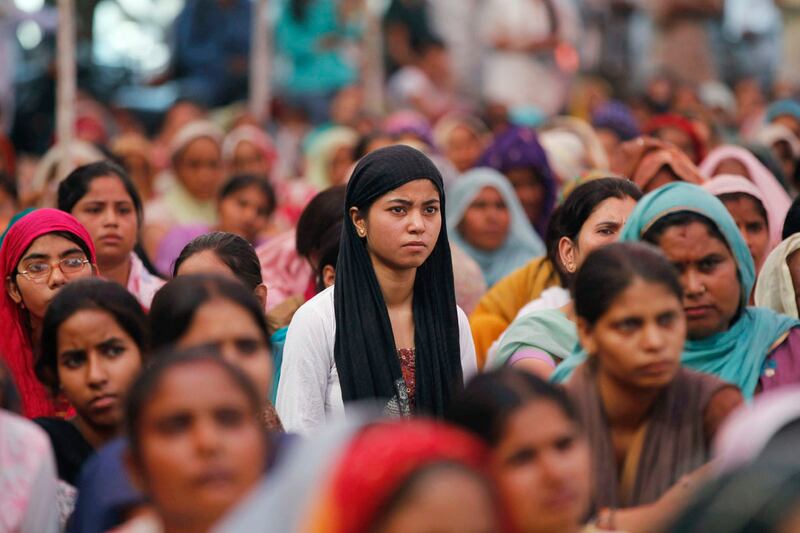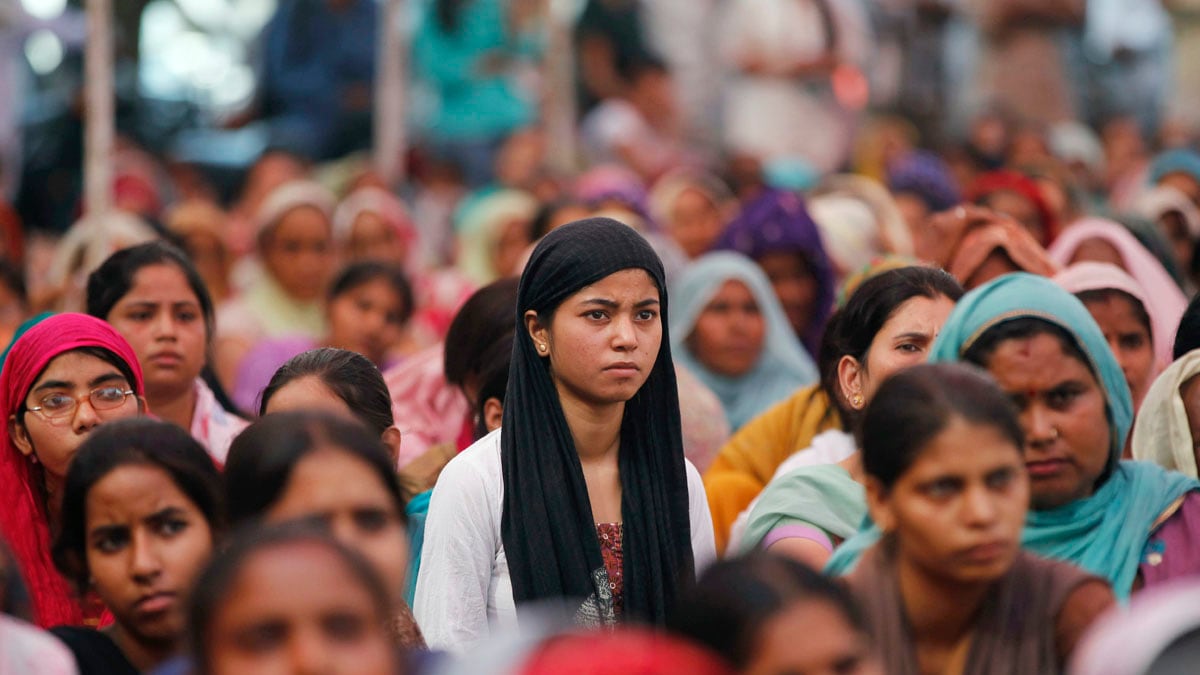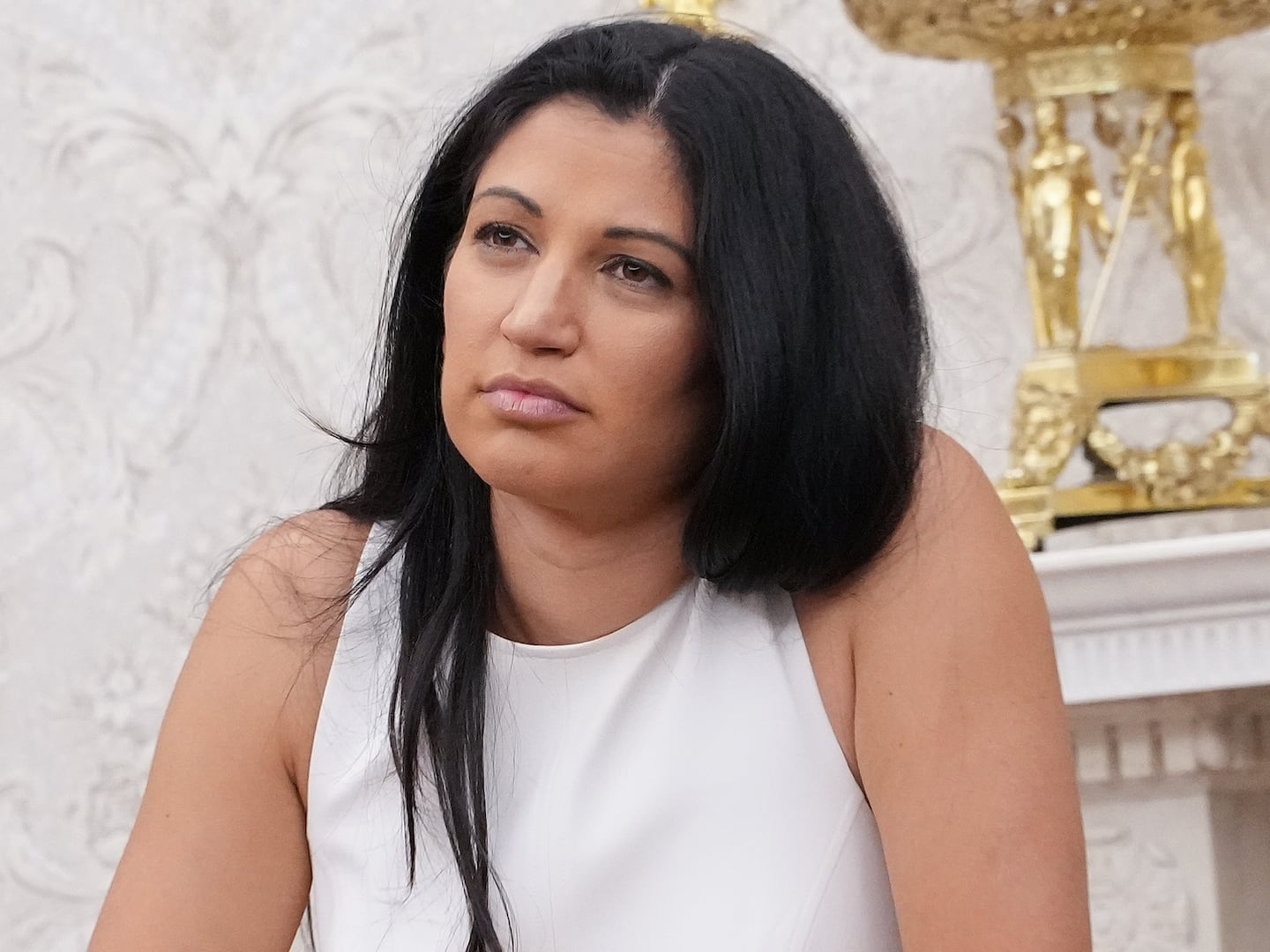Nearly two decades ago, I took a trip to India that would change my life. Touring some rural areas in the country, our driver stopped in the middle of nowhere to cool the engine. We saw a small group of women and children under an acacia tree and my friend and I walked toward them. Despite our lack of a common language, we managed to communicate through gestures and touch, for they were as curious about us as we were about them.

At some point we took off the bracelets we had brought in a market and gave them to the women, who seemed delighted. As we were leaving, one of the women insisted on giving me a small bundle of rags, which I thought was a way of thanking us for the bracelets. It weighed almost nothing and when I opened it, I found a newborn baby.
I kissed it and tried to give it back to the mother, but she would not take it. At that moment our driver came running, took the baby from my hands and returned it to the woman, then he pushed us into the car and we drove away.
When I recovered a bit from the shock, I asked, “Why did that woman give me her baby?” The driver said: “It was a girl. Who wants a girl?” There, like in many places in the world, women and girls are not valued, and probably that unfortunate mother couldn’t care for her child.
I was not able to help that baby girl, but since then I have tried to help others. Back home, I started a foundation to honor my late daughter Paula Frias, who had dedicated her short life to help others, with the mission to empower women and girls through education, health, and protection.
Empowering women means trusting them. It means respecting and protecting their person and private decision-making about pregnancy. This means supporting them in all aspects of their lives so they can decide whether to raise a child, choose adoption or end a pregnancy. This not only improves their own health and the well-being of their families, but also greatly benefits the communities in which they live.
That is why the attacks on women’s health and reproductive rights in the U.S. are so very troubling. Across the country, state legislators have ratcheted up their hostility toward women with record numbers of laws restricting and eroding women’s health care. At every step of the way, leading women’s organizations such as the Center for Reproductive Rights and Planned Parenthood have taken the fight for our health rights to state capitols and to the courts. These organizations have mobilized to beat back extreme laws designed to reduce access to or end safe and legal abortion in states all across the country. My foundation is honoring them with an Espíritu Award this week.
While some many laws have been blocked by state and federal courts, it shouldn’t be up to the courts—these laws should never have been passed in the first place. These laws—such as forced ultrasound, biased counseling, bans on safe and legal abortion procedures, and defunding Planned Parenthood—place women at risk of grave harm and are designed to demean and humiliate women at their doctors’ office. For example, in Mississippi, lawmakers are so zealous in their anti-choice efforts that they are doing everything in their power to drive the last remaining abortion provider out of the state. Thankfully, a legal effort waged by the Center for Reproductive Rights has kept that clinic open for the women of Mississippi—for now.
But fights like these are far from over. In states around the country, politicians are trying to eliminate funding for family planning or block Planned Parenthood’s participation in public health programs. If successful, these politicians could end low-income and uninsured women’s access to birth control, pap tests, breasts exams and well-woman visits.
In Texas, the grave consequences of the decimation of state family-planning funds in 2011 are already evident. A recent peer-reviewed study in The New England Journal of Medicine found that the most reliable contraceptive methods, such as IUDs and implants, are less available to women due to higher upfront costs, and women are opting out of testing for STDs to save money. But state officials are unrelenting in their attack on Texas women; while the state is ranked worst in the nation in health-care services and delivery, Governor Perry is also working to eliminate Planned Parenthood from the state’s Women’s Health Program, which more than 100,000 women rely on for care.
As opponents of reproductive freedom redouble their misguided efforts to deny women basic, preventive health care and the power to make their own decisions about their health and future, the work of Planned Parenthood and the Center for Reproductive Rights becomes all the more crucial. It is their steadfast defense of these fundamental ideals that gives me hope.
We have a duty to protect these hard-won rights for future generations. If this world is going to be a better place for our grandchildren and great-grandchildren, it will be women who make it so. Today’s girls are tomorrow’s women—and leaders. We cannot leave them to fend for themselves.






